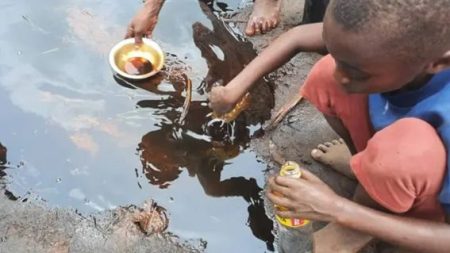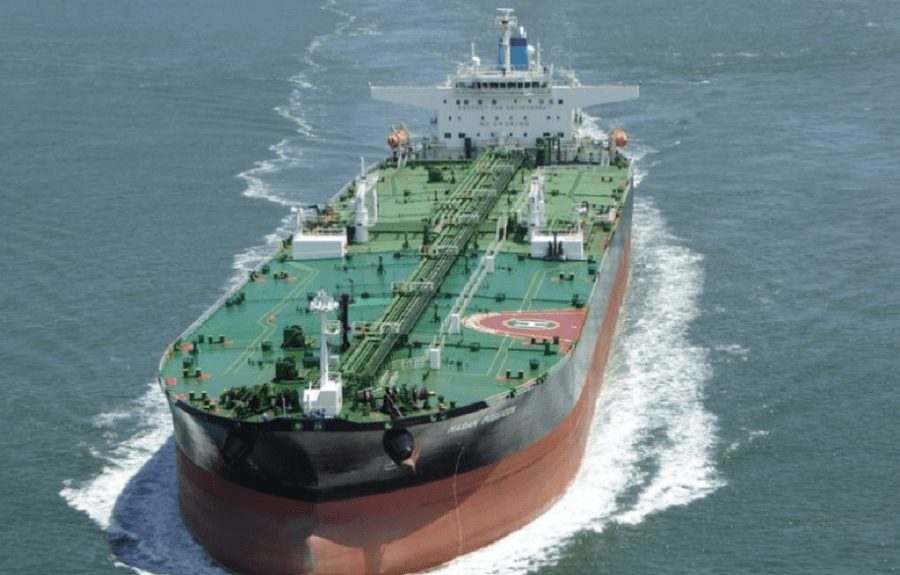
Oscarline Onwuemenyi,
with agency reports
25 March 2017, Sweetcrude, Abuja – The commercial viability of over 500 million barrels of crude oil reserves stranded in the Nigeria–São Tomé and Príncipe Joint Development Zone, JDZ, remain uncertain, as the region is yet to produce its first oil 15 years after discovery.
This is because big explorers that once jostled for drilling rights in the Zone have backed off after a slew of dry wells, raising questions on how commercially viable the whole arrangement is.
The Joint Development Zone is an area in the region of the Nigeria – São Tomé and Príncipe boundary that is speculated to be rich in oil and gas reserves. Because neither country could have explored the resources in the zone without interfering with the maritime territory of the other, the two agreed in a treaty to create a Joint Development Authority, located in Abuja that would assist both countries in benefitting from the economic potential of the zone.
Over the years, the venture has proved to be a drainpipe, as it said to be running a hefty yearly budget of $12 million. Already, a United States (U.S.)-based firm, ERHC Energy Inc., which has an interest in blocks 2, 3, 4, 5, 6 and 9, has invested over $500 million into exploration activities without significant result.
The São Tomé and Príncipe’s 2014 Extractive Industries Transparency Initiative (EITI) report released recently, showed that since the JDZ was established, 43 percent of all revenue from the zone had been spent on the Joint Development Agreement (JDA’s) operating costs.
For instance, EITI said over $129 million out of the $302.6 million revenues generated from signature bonuses, sales of seismic data, licences, transfer fees and others, were used to settle JDA operating expenses.
The oil majors, which withdrew from the Zone, include Total, which pulled out from Block 1 in August 2013, which was also previously abandoned by Chevron in 2010. However, after drilling two new wells in 2013, another oil company announced in July 2013 that the find was too limited to justify further investment.
Additionally, Sinopec and Addax were said to have also walked away from Blocks 2 and 4 for the same reasons.
A source in one of the IOCs, who preferred anonymity, said: “If the IOCs pulled out of the deal, it means, the JDZ has no commercial value.”
But giving an update on its activities in the zone, United States-based, ERHC Energy Inc., which has working interests in six blocks in the JDZ – Blocks 2, 3, 4, 5, 6 and 9, said it has drilled a number of wells, which did not yield desired results.
President/Chief Executive Officer, ERHC Energy, Peter Ntephe, in an email response, said the company last drilled some wells in the Zone about seven years ago.
According to him, “from August 2009 to January 2010, ERHC and its partners drilled five exploration wells – one well in Block 2, one Block 3, and three wells in Block 4. These were the first wells ever drilled in these blocks.
“Biogenic methane gas was discovered in at least three of the wells but not in sufficient quantities to be declared commercial. Without a commercial discovery, there can be no appraisal, field development and then production. Further exploration wells will, therefore, have to be drilled in those blocks to see if oil and gas in commercial quantities can be discovered,” he added.
Ntephe noted that ERHC had to rein in on its activities, as drilling in such areas is expensive, saying: “Exploration wells in deep offshore provinces such as the JDZ are expensive and costs over $100 million each. There are also significant additional costs to the associated studies and work that goes into preparation for a well. The total cost of the drilling campaign by ERHC and its partners, as narrated above, was over half a billion dollars.
“When you ask therefore about what is delaying production, the answer is simple – there has been no commercial discovery yet. As noted, without a commercial discovery, there can be no production.”
On the way forward, the EITI Report recommended reviewing the legal, contractual and fiscal frameworks applicable to the oil sector in the JDZ.
Speaking on the issue, Chairman, International Energy Services Limited, Dr. Diran Fawibe, said it is not out of place for companies to pull out of unprofitable ventures.
He stated: “There is a limit to what you can do when you are not getting the required result in terms of exploration. When you are not getting a good result, you have to turn your radar elsewhere. When you are exploring new zones to develop the areas through exploration, over time, you will now be able to access what you have gotten out of it as long as you deployed an appropriate technology. You can easily call it a day and divert the money to more other lucrative areas.”
Also commenting on the lack of activities in the Zone, the Chairman, Nigerian Council of the Society of Petroleum Engineers (SPE), Dr. Saka Matemilola, said: “The countries do not have the resources, nor the capability to directly carry out the exploration and production activities. This is where investors and major exploration and production companies come in.
“The framework and conditions must be right to attract those who will carry out the exploration and production activities; otherwise nothing will come out of it. We also need to realise that hydrocarbons are being discovered in many other parts of the world, including neighbouring basins in Africa. So, we are in competition to attract the major exploration and production companies to invest.”



